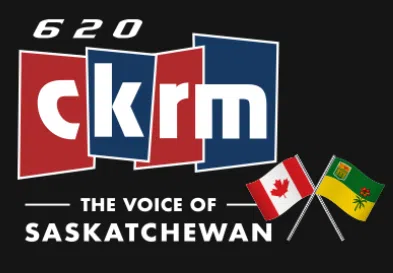Around the globe – governments are pushing to lower emissions and reduce the impact that fossil fuels are having on climate change. That same urgency – does not seem to be present in Western Canada.
Saskatchewan Premier Scott Moe in 2022- while speaking at a conference in Prince Albert said, “A lot of folks will come to me and say, ‘Hey, you guys have the highest carbon emissions per capita. I don’t care,'” said Moe during the speech. The words of a premier whose focus is on revenues from the sale of commodities like, oil, gas, uranium, and potash. Not the words of someone who is concerned with the impact the use of these commodities might have on the planet.
Now Premier Moe has led a delegation to the COP28 conference in Dubai – a UN Summit on Climate change – lead by an oil executive. COP28’s president Al Jaber is the chief executive of the United Arab Emirates state oil company. Something many see as a conflict of interest. Is the Saskatchewan delegation there because of a vested interest in preventing global warming? Some say the government is simply there to “greenwash” the province of Saskatchewan. Making it seem like the province is one that is environmentally conscious and pushing a narrative of clean energy sources and progressive policy – claims some say there is no evidence of.
Both Alberta and Saskatchewan are making moves to fight against Liberal driven carbon pricing in Canada. Recent moves to reduce harmful methane gas emissions have been faced with resistance from both provinces. Federal Environment Minister Steven Guilbeault announced the new Canadian regulations at the COP28 summit in Dubai, mirroring recent U.S. measures. The regulations seek a minimum 75% reduction in methane emissions from the oil and gas sector compared to 2012 levels by 2030. Methane, an odorless and colorless gas, is roughly 80 times more environmentally impactful than carbon dioxide. This move has bread animosity from both Premier Scott Moe and Alberta Premier Danielle Smith. Being called “overreach” and “dangerous.”
The fight has moved into the constitutional realm before, with both provincial governments leading offensive charges against the liberals and progressive climate policy. Enacting legislation that appears to separate the province of Alberta from the federal pack – and places the government of Saskatchewan in legal crosshairs – refusing to collect carbon pricing on home heating fuels. A move that some feel is illegal and flies in the face of the way governments are “supposed” to operate.
Carbon pricing and other initiatives have been put into place with the aim of reducing greenhouse gas emissions – a move that science says, ultimately, will help to save the environment, curb global warming, and avert an impending climate catastrophe.
Dr. Joe Vipond is in Dubai at the COP28 conference – and is a member of the Canadian Association of Physicians for the environment.
Vipond says an advertising campaign on subways in Dubai seems to suggest that Saskatchewan is a haven of green technology something he says is simply not true.
“Most of the electricity in Saskatchewan comes from coal and natural gas, mostly coal. With the GHG’s (Green House Gasses) per capita being among the worst in the world – 65 tonnes per person in 2021,” says Vipond.
“Saskatchewan has the same emissions as a country like Spain, Spain has 54 million people.”
Officials at this year’s summit say there are a record number of fossil fuel delegates and lobbyists connected to oil, gas and coal at COP28. With some officials suggesting that the lobbyists may be there to make back room deals.
“There are a lot of fossil fuel lobbyists at this year’s conference. I would suggest that maybe the Saskatchewan government is in among those lobbyists. They have a pavilion in the “green zone” – which is a public area – with the focus on CCUS (carbon capture and utilization systems) – which is an experimental technology that has never been proven to scale, along with other technologies to support an ongoing fossil fuel future.”
Carbon capture technology has long been a part of the “solutions” offered by the Saskatchewan government. A recent study published by the New York times found that after considering the energy used to capture and isolate CO2 from flue gas at a fossil fuel-burning industrial plant, the carbon capture system would reduce the plant’s net emissions by only 10 to 11 percent, not the estimated 80 to 90 percent cited by proponents of the technology.
The key to reaching environmental targets and turning back the clock on climate change say’s Vipond is in phasing out fossil fuels – not capturing emissions. A tactic akin to dealing with the smoke from a fire – but letting the blaze burn out of control.
“Saskatchewan, Alberta, and other fossil fuel producing jurisdictions need to figure out how to remain prosperous in an era when the world Is getting away from oil and gas.
Vipond suggests that the province while attending a climate change conference should have come with climate change solutions.
“Energy efficiency, getting off fossil fuels, increased wind and solar, geothermal – these are the technologies that are going to get us out of this scary climate crisis we find ourselves in – that is the kind of language that should be coming from government officials.









